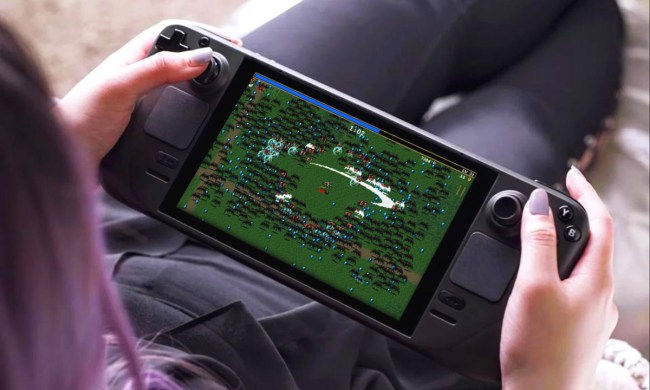
The British Academy Games Awards have been running every year since 2004, and have heaped accolades on some of the most well-received games during that time. The categories, like the games themselves, have evolved over the years to cater to the various aspects of game creation — though Inside seemed to tick many of those boxes.
Ultimately the developer, Playdead, was given the nod for Artistic Achievement, Game Design, Narrative, and Original Property for Inside. It held off competition from the likes of Dishonored 2, The Witness, Oxenfree, and The Last Guardian.
Inside wasn’t the only multiple award winner this year. Overcooked triumphed in both the British Game and Family categories, while Firewatch secured awards for both Debut Game and in the performer category for Cissy Jones’ portrayal of Delilah.
In other categories, Uncharted 4 took home the Best Game Award and The Last Guardian received the award for Audio Achievement. The Best Music award was picked up by Virginia, with That Dragon, Cancer stealing the show in the Innovation Award category.
Rocket League received the Evolving Game prize, and Pokémon Go was given the nod for the best mobile game.
All of the above awards were doled out by the academy itself, but game fans were able to make their wishes known for the AMD Esports Audience Award. Shrugging off competition from the likes of DotA 2, Counter-Strike: Global Offensive, League of Legends, and Overwatch was mobile freemium title Clash Royale.



